Oxfam
Image
Image
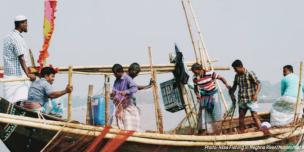
Evidence-based advocacy for inclusive fisheries governance across Ganga-Brahmaputra-Meghna (GBM) river basins
Read more
Image
Image
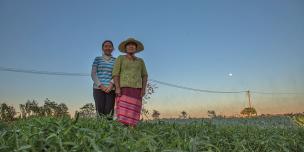
Financing the future we need
Read more
Image
Image
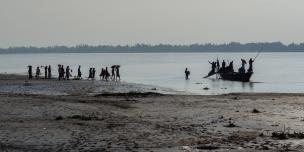
Transboundary Rivers of South Asia (TROSA) - Rivers Rights Resilience
Read more
Image
Image
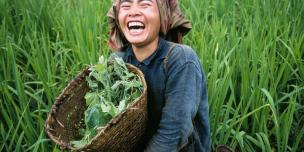
Balancing the scales: Using gender impact assessment in hydropower development
Read more
Image
Image
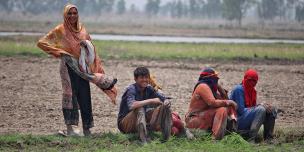
Rice Farmers Serving Happiness to Every Table Except Theirs
Le Nguyet Minh
, Read more
Image
Image
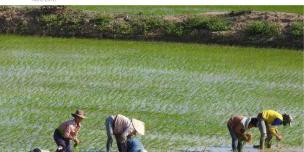
Gender and Water Governance in the Mekong Region
Read more
Image
Image
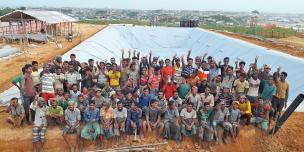
Biggest-ever waste treatment plant in a refugee camp is ‘step forward’ for safer human waste disposal in emergencies
Read more
Image
Image
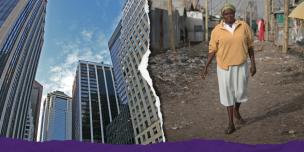
Billionaire fortunes grew by $2.5 billion a day last year as poorest saw their wealth fall
Read more
Image
Image
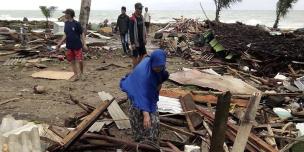
Sunda Strait Tsunami Response
Read more
Image
Image
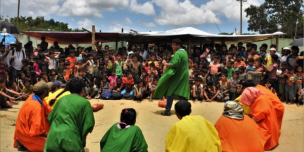
Rohingya Children Enjoy Rare Moment of Laughter
Read more